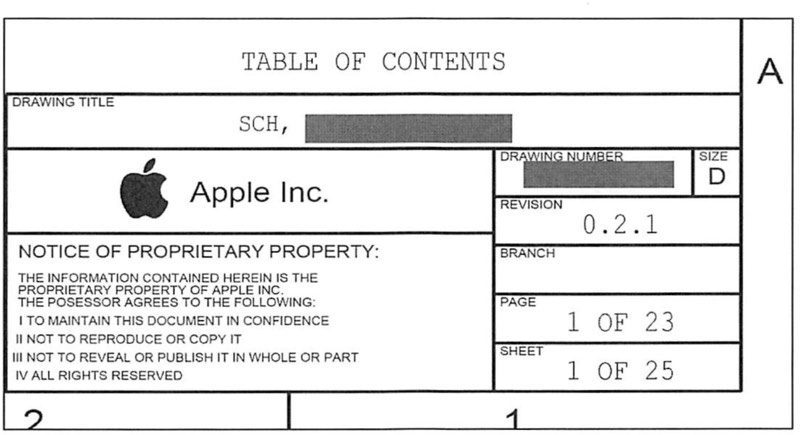Facebook receives first fine over Cambridge Analytica
The UK this morning announced a 'preliminary' fine of £500,000 ($664,000) over the Cambridge Analytica data breach, a first in the case to date.
Issued by the Information Commissioner's Office (ICO), the fine is the maximum allowed under the older non-GDPR legislation and blames Facebook for "overlooking critical warning signs" that could have prevented it in the first place.
The investigation looked at 172 organizations and 285 individuals who collected data and isn't final yet; the fine may change as the ICO continues to investigate with a further update due in October.
If the scandal had occured post-GDPR, Facebook could be fined up to $1.63 billion instead, about four percent of its global revenue. Today's fine is pocket change (seven minutes of revenue) for Facebook, but it's the maximum allowed and sets a precedent for the future, now that such legislation is in place.
Apple's secretive car project faces theft

We get a peek behind the secretive Apple curtain today with the filing of a FBI investigation against a former employee, Xiaolang Zhang, who has been accused of stealing trade secrets.
Zhang was working on the 'Titan' team, which has been repeatedly rumored to be developing software and hardware for autonomous vehicles. The report says that Zhang used broad access to secret documents detailing the project to hijack them and pass them on for a potential job:
The majority of his activity consisted of both bulk searches and targeted downloading copious pages of information from various confidential database applications. The information contained within the downloading contained trade secret intellectual property, based on the level of Zhang's access within Apple's autonomous vehicle team.
This is the first time we've had concrete evidence of Apple's self-driving car project, and what's at stake – because of an employee stealing data from a project again.
Zhang was caught because he tried to resign from Apple and move to China to work for a competitor, and a manager flagged his behavior to tech teams who later discovered large amounts of network activity in the days leading up to him quitting:
The majority of his activity consisted of both bulk searches and targeted downloading copious pages of information from various confidential database applications. The information contained within the downloading contained trade secret intellectual property, based on the level of Zhang's access within Apple's autonomous vehicle team.
It really is astounding how closely this mirrors the case of Anthony Levandowski reportedly stealing Waymo's self-driving secrets and passing them on to Uber, despite the potential punishments.
In Zhang's case, he faces up to ten years in jail and was arrested trying to flee the country.
Tab Dump
Apple creates dedicated machine learning and Siri team
Most interesting, they're merged under John Giannandrea who they acquired from Google. Further shows how important ML is to Apple's future, and the catch-up needed here.
Google Pay gets boarding passes and ability to send money to friends
Slack is finally fixing its search
Netflix 'smart downloads' will automatically sync the next episode offline on Android
Segment undoes microservices in favor of one monolithic codebase
